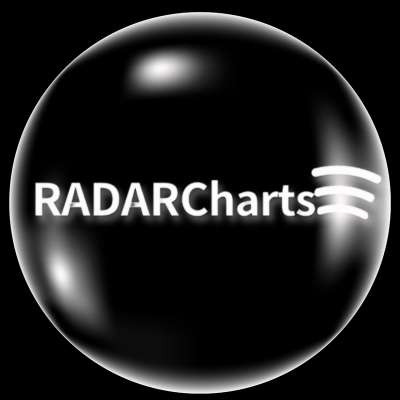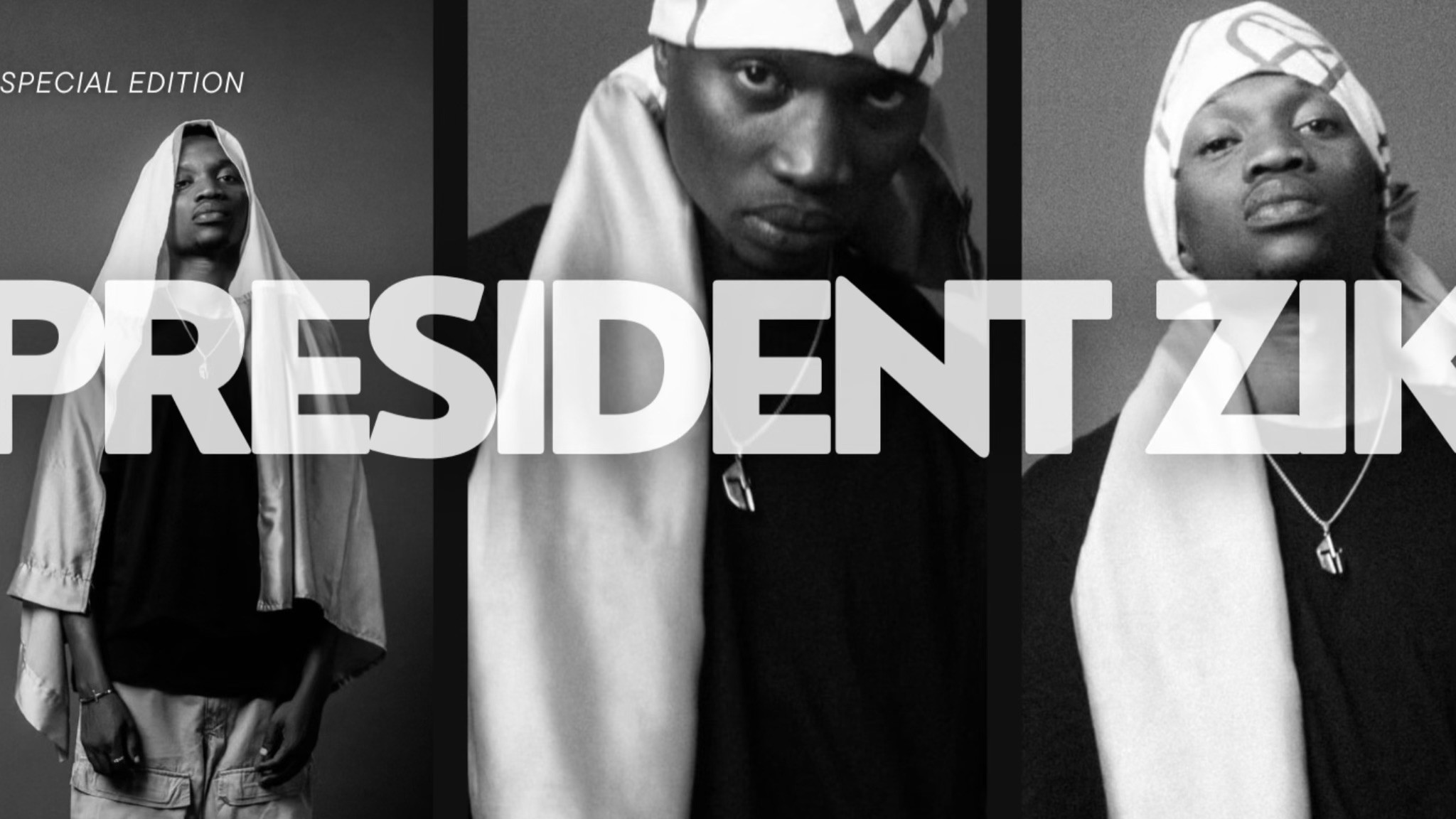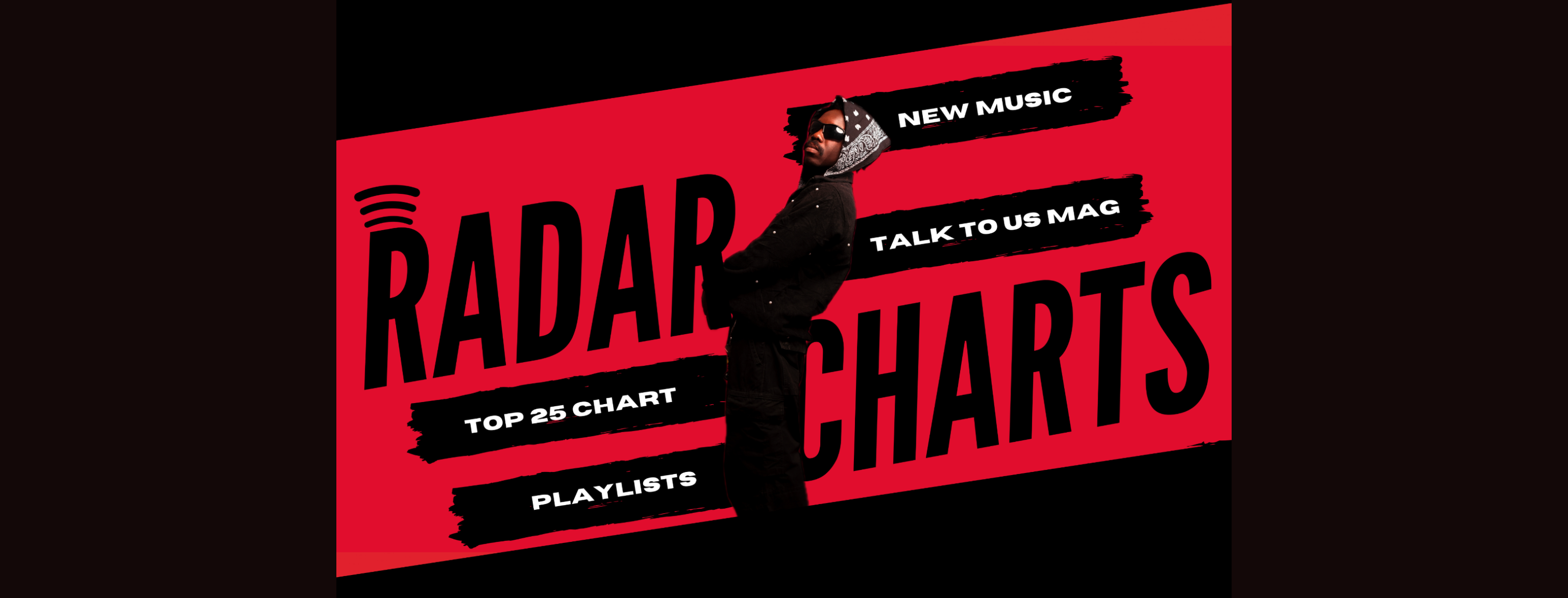You’ve been active in music for over a decade. How has your upbringing in both Saskatoon and Zaria shaped your unique sound and artistic identity?
• 10 years deep in the game and honestly, I feel like I’m new to it every time. Growing up in Saskatoon, my mom was constantly recording specials on cassette for us, so that got me in contact with artists like Michael Jackson, Sade, Kriss Kross, etc. Seeing their artistry up close definitely had an impact on me. Zaria was more of a hip-hop center, and that allowed me to tap into Biggie, Jay-Z, Nas, etc. This gave me some sort of balance regarding the genres I felt comfortable drawing inspiration from.
Your music often touches on introspection and personal growth. What moments in your life have had the biggest influence on your lyrics and creative process?
• Growing up in an environment where I saw my brothers and their peers dabble in music and try to tell a story—our story—was definitely a turning point for me. At times, it felt like an obligation to carry on with the tradition and also for the fact that I was always taught to dream and believe that anything I wanted to do was possible.
One of my major influences was my childhood friend Aaron convincing me that I had the prospects and possessed relatability in the way I composed my music. All I needed to do was to take it seriously, and I haven’t looked back since then.
Your sound straddles hip-hop and R&B with a largely eclectic approach. How do you balance these genres to maintain your artistic authenticity?
• I really don’t give it much thought and basically allow the music to do all the talking. I never try to force anything when it comes to making music, and I believe there’s a song for every mood. So I like to approach making music like that.
The themes in your music—dedication, independence, and social commentary—resonate deeply. How do you ensure your message reaches and inspires your audience?
• I try to make sure the music is genuine, and I try to make sure it comes from the heart. I know that as human beings, we’re all going through the same shit (pardon my expletives). So I try to be a voice for the voiceless.
Over the years, how has your approach to creating music evolved, from your early demos in 2012 to your most recent releases in 2024?
• Not much has changed, to be honest. I started learning how to make proper songs by writing music with the collective BHP. We would sit down and analyze the type of music that needed to be made and how to go about it. Nowadays, it’s just more refined, and as I continue to write about my experiences, it makes it much easier to channel the right emotions and the right message.
What challenges have you faced while navigating the music industry, and how have they shaped your career today?
• I’m sure the challenges I’ve faced are general problems and are definitely not peculiar to me. Dishonesty, lack of transparency, envy, greed, jealousy—the list goes on and on. The truth is that they probably won’t end anytime soon, but experience is the best teacher, and these things will continue to help me make better-informed decisions along the way.
Looking back on your career so far, what project or milestone are you most proud of, and why?
• I’m proud of every single project because behind every project, there’s a mad story right there. I’m even proud of the ones I haven’t done yet because they’re going to play a role in my story.
As both an artist and a businessman, how do you manage the balance between creativity and the commercial aspects of your career?
• To be honest, it is no easy task, but the best ones have done it before me, so it’s easy to learn from their experiences and mistakes. I pattern myself in a way that I can balance proficiency in both aspects.
Independence is a recurring theme in your work. What does independence mean to you as an artist in the modern music industry?
• Independence means moving in a way that is true to you. There’s little or nothing that will make you compromise on what you set out to do initially. Independence means taking control of your narrative and allowing people to appreciate you for who you are and your uniqueness.
Your recent releases—Pack I, Pack II, and the See You Soon trilogy—have shown significant growth. What can fans expect from you in the future?
• More music that is both introspective and intriguing at the same time. My music will continue to tell the story of boys and girls like me who have strived to make something of themselves. I want to focus on creating compelling visuals to accompany the music, so I’m looking for videographers and cinematographers that can help bring these stories to life.
How do you envision your legacy as an artist and a businessman, and what steps are you taking to build it?
• Coming from where I’m coming from, there are not a lot of people who you can say made it out through music or the music business. My hope for my legacy is to be the first of many who will make it off their craft and personality. Consistency is the first step to building the legacy. Every other thing will follow after that.
Are there any specific artists or producers, locally or globally, that you would like to collaborate with to further expand your sound?
• I would really love to make some shit with Sarz. He has always been eclectic in his approach to making music. I would love to do some stuff within the South African rap scene as well—Emtee, A-Reece. I wish AKA was alive, man. That’s one collab that would’ve changed my life. RIP Supa Mega.
How do you hope to use your platform to inspire the next generation of artists, especially in the Nigerian music scene?
• Personally, I would love to inspire originality from artists who want to share their craft with the world. To embrace their authenticity and to be unapologetic with their sound and aesthetic.

 RADARCharts by REM
RADARCharts by REM
